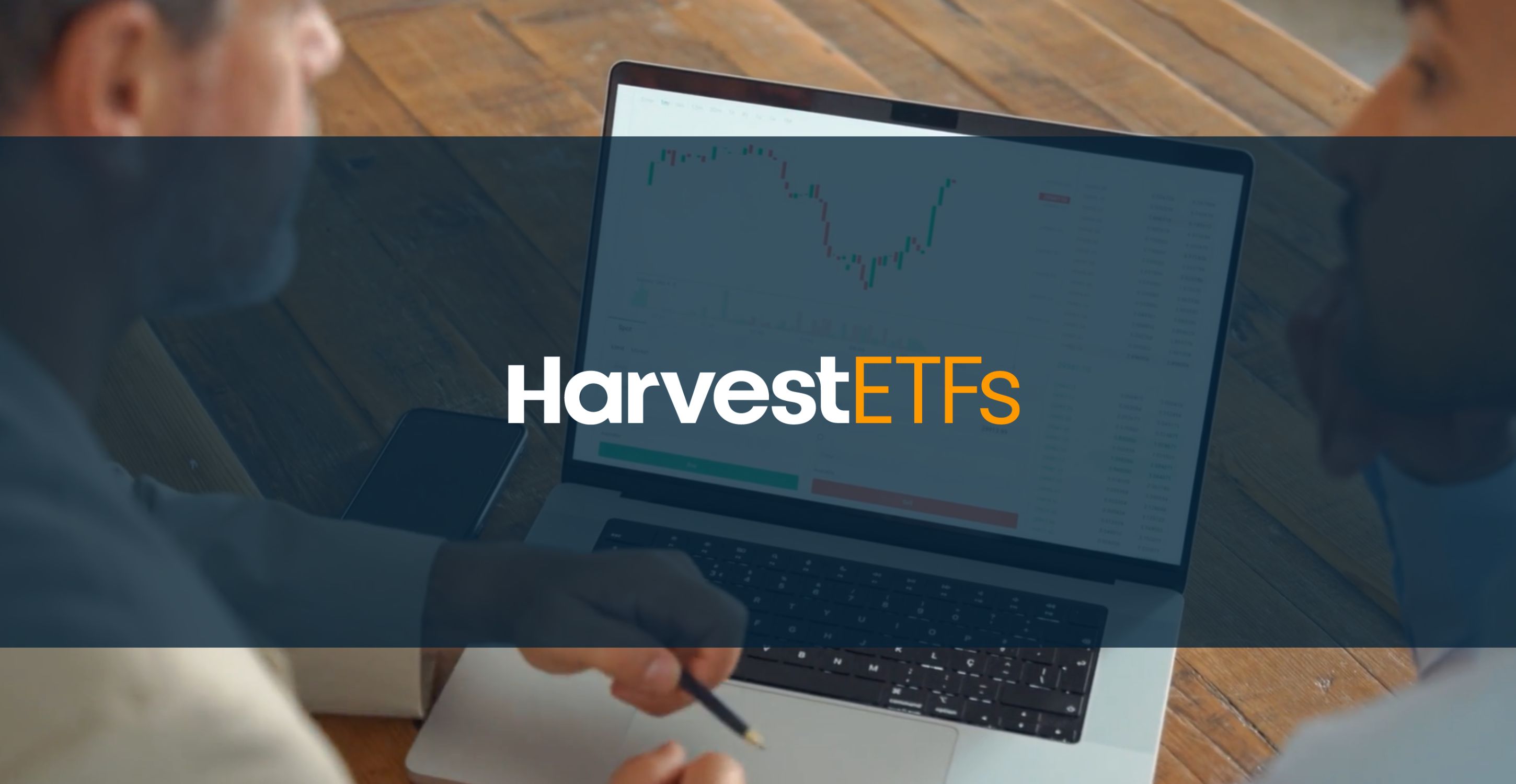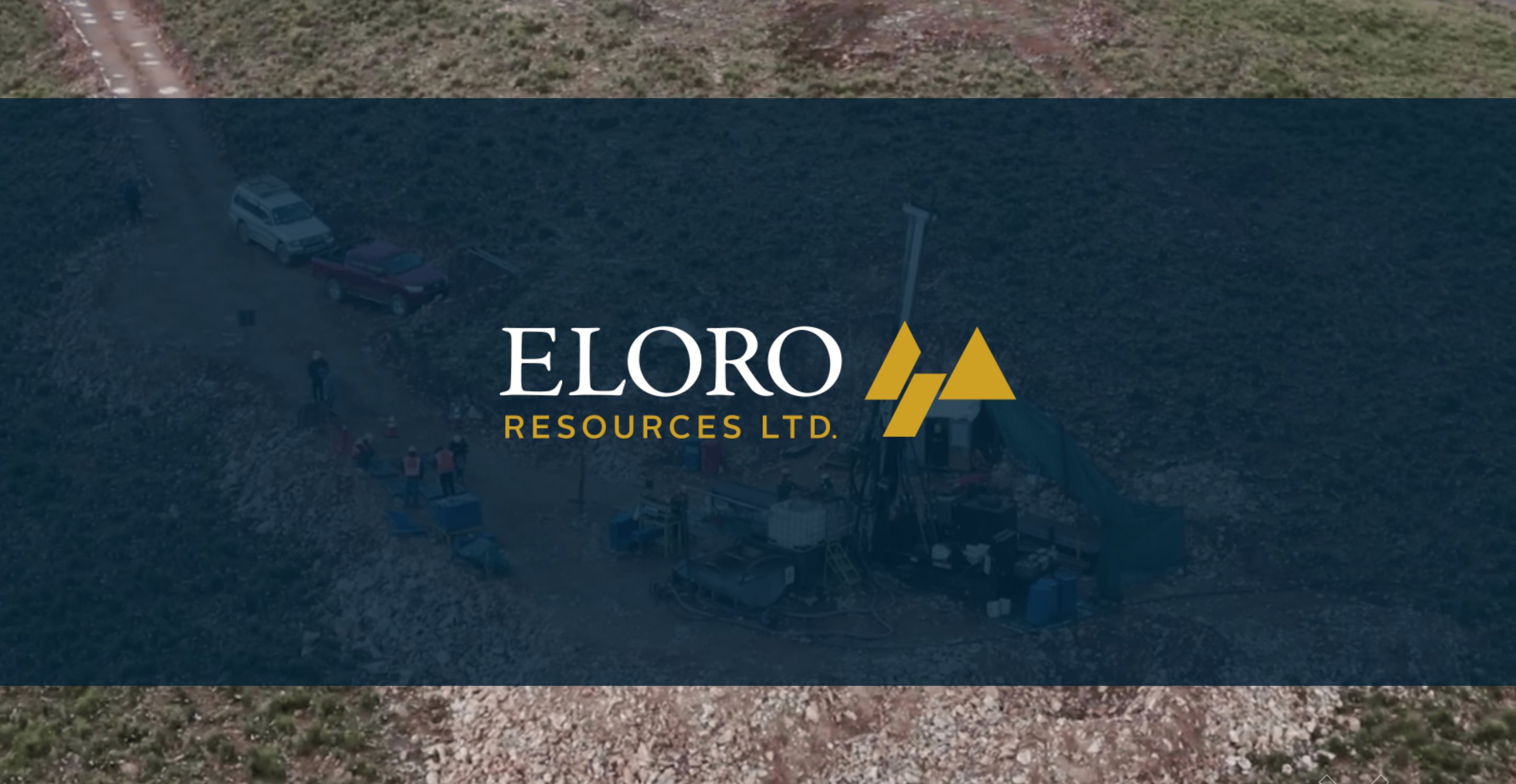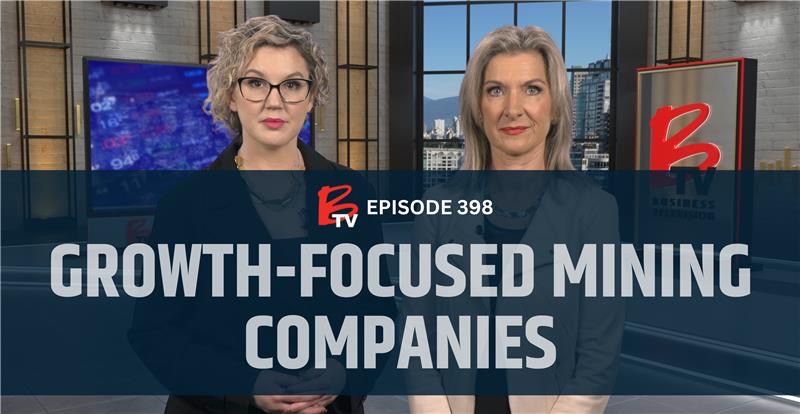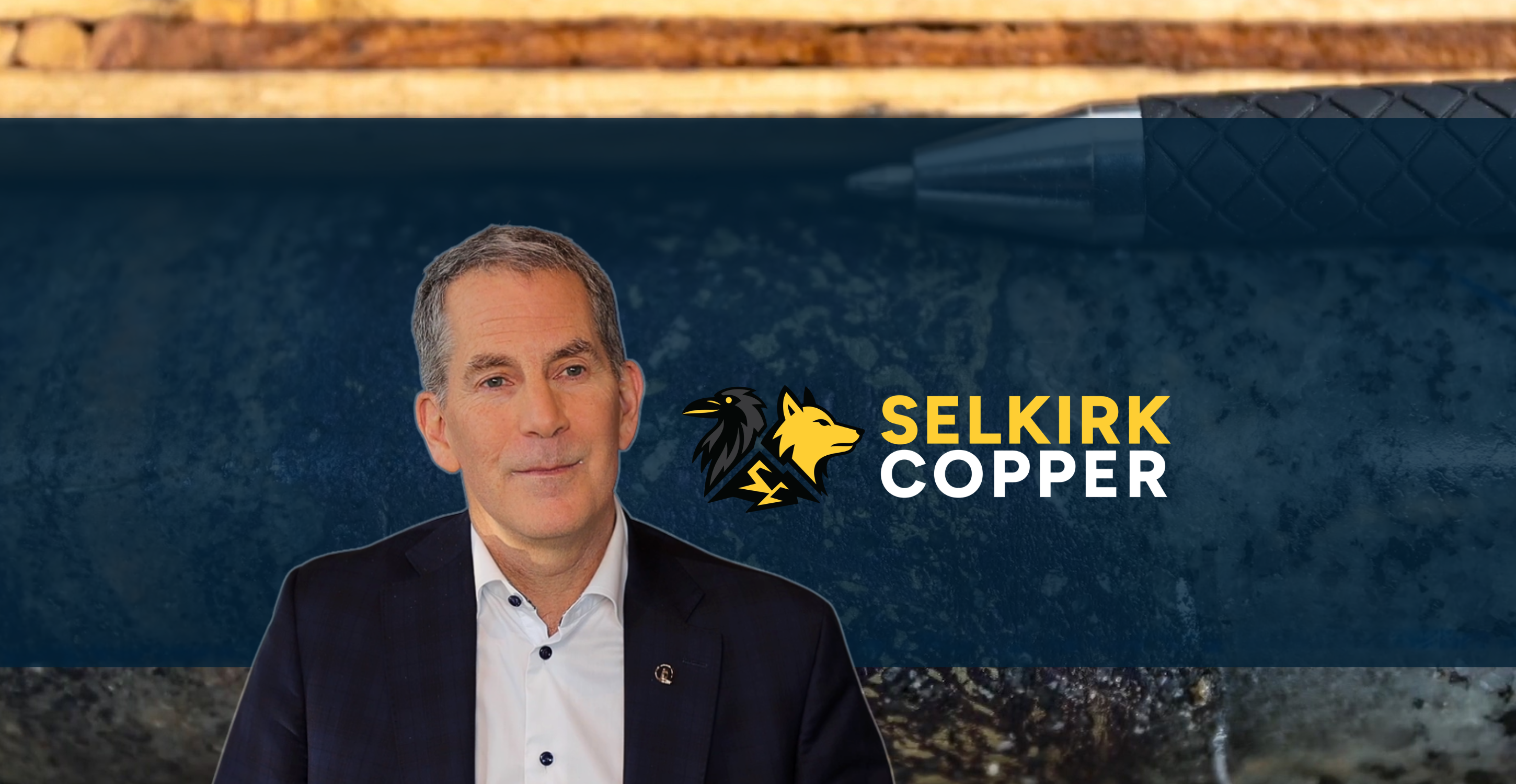BMO: Understanding ESG Investing
BMO: Understanding ESG Investing …

Increasingly, investors are beginning to see how issues like climate change, social inequality, and business ethics can have an impact on their investments. They want their investments to reflect their values and influence positive change, and they want sustainable long-term performance. A key way to do this is through ESG investments, like ESG ETFs and mutual funds.
ESG, which comes under the umbrella term Responsible (or Sustainable) investing, stands for Environmental (Climate Change • Water Management • Pollution), Social (Labour Standards • Human Rights • Healthy and Safety) and Governance (Executive Pay • Business Ethics • Board structure) – three non-traditional performance attributes that measure the sustainability and societal impact of a business. These considerations help with portfolio construction to identify “best-in-class” companies that generate a positive impact while also considering traditional financial metrics. They can also help exclude others based on their behaviour or products, like tobacco companies and arms manufacturers.
ESG evaluations provide investors with a clearer understanding of a company’s potential risk and long-term opportunity. Generally, companies with strong ESG characteristics tend to be higher quality and better managed with superior risk controls, while negative ESG factors are often associated with higher volatility that could affect things like a company’s reputation or cost of acquiring capital.
Identifying and limiting exposure to negative risks could help protect investors from the next big environmental catastrophe, data security breach, or management crisis. It can also ultimately lead to the potential for better returns.
When it comes to performance, ESG investing is not a values vs. value proposition. Contrary to what some think, research shows that there is no systematic performance penalty associated with ESG or responsible investing. Data from Canada’s Responsible Investment Association shows that almost 75% of responsibly managed funds in Canada outperformed their category averages over a one-year period, with similarly high advantages (above 50%) over longer three and five year periods.1
As evidence continues to mount supporting a positive link between a company’s ESG record, and positive shareholder return, ESG factors are becoming increasingly essential to sound financial analysis. It is also clear that ESG investing is here to stay.

While investors have considered ESG factors for decades, ESG investments have now become a cornerstone of portfolio construction for many of the world’s largest institutional investors, like pension funds, foundations, and endowments. They’re also quickly gaining traction among individual investors. According to Morningstar, ESG funds now account for about a quarter of all money invested into U.S. stock and bond mutual funds, while similar investments grew by an estimated 67% last year in Canada.2
BMO Global Asset Management has built its business around a progressive investment philosophy and offers a comprehensive suite of ESG products and solutions that are constantly evolving to meet the needs of investors, and our world. BMO has also remained a strong advocate for responsible investment and for positive change, actively engaging with hundreds of companies in dozens of countries to drive improvements to their ESG practices.
Choosing the right ESG investments for you doesn’t have to be hard. BMO makes it easy with a variety of ESG ETFs – including equity, fixed income, and specialty ETFs – designed to represent the performance of companies with high ESG ratings relative to their peers. BMO also offers actively managed ESG mutual funds, like the BMO Sustainable Portfolios and the BMO Women in Leadership Fund. This professional active management can help provide downside protection, risk control, and the potential to outperform the market. Talk to a BMO investment professional, who can help you build a portfolio that aligns your investments with your values.
1Source: BMO GAM, February 2020, How to Proactively Integrate Into Your Practice
2Source: Morningstar, 2020, Canadian ESG Investing Soars in 2020
Commissions, management fees and expenses (if applicable) may be associated with investments in mutual funds and exchange traded funds (ETFs). Trailing commissions may be associated with investments in mutual funds. Please read the fund facts, ETF Facts or prospectus of the relevant mutual fund or ETF before investing. Mutual funds and ETFs are not guaranteed, their values change frequently and past performance may not be repeated.
For a summary of the risks of an investment in BMO Mutual Funds or BMO ETFs, please see the specific risks set out in the prospectus of the relevant mutual fund or ETF. BMO ETFs trade like stocks, fluctuate in market value and may trade at a discount to their net asset value, which may increase the risk of loss. Distributions are not guaranteed and are subject to change and/or elimination.
BMO Mutual Funds are offered by BMO Investments Inc., a financial services firm and separate entity from Bank of Montreal. BMO ETFs are managed and administered by BMO Asset Management Inc., an investment fund manager and portfolio manager and separate legal entity from Bank of Montreal.
Any statement that necessarily depends on future events may be a forward-looking statement. Forward-looking statements are not guarantees of performance. They involve risks, uncertainties and assumptions. Although such statements are based on assumptions that are believed to be reasonable, there can be no assurance that actual results will not differ materially from expectations. Investors are cautioned not to rely unduly on any forward-looking statements. In connection with any forward-looking statements, investors should carefully consider the areas of risk described in the most recent simplified prospectus.®/™Registered trade-marks/trade-mark of Bank of Montreal, used under license.
FULL DISCLOSURE: BMO is a client of BTV-Business Television. This article does not constitute investment advice. Each reader is encouraged to consult with his or her individual financial professional. Any action taken as a result of reading information here is the reader’s sole responsibility.
Latest Posts
Hot Companies
You might also like

Harvest ETFs Launches Two Funds Designed to Thrive in Volatile Times
Investors looking to learn more about the Harvest Premium Yield Canadian Bank ETF or the Harvest Premium Yield Enhanced ETF can go to Harvest ETFs | Equity Income ETFs | Harvest Portfolios Group where you’ll find product information, insight blogs, and videos.

Gigantic Bolivian Opportunity Coming into Focus for Eloro
A real opportunity is finally coming into focus for Eloro Resources. After a slow start out of the gates, their highly prospective flagship project in southern Bolivia is starting to generate some real buzz.




